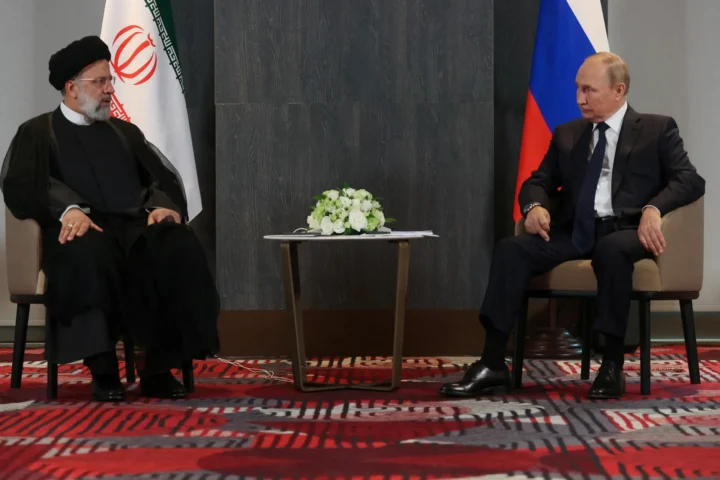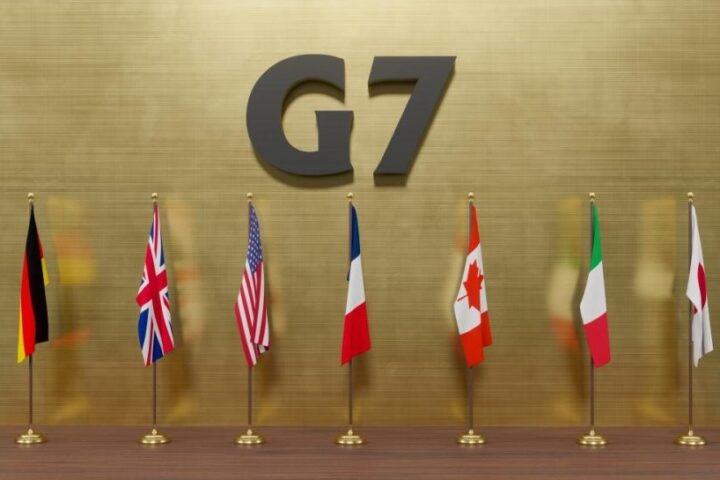The winner of September elections, the far-right Freedom Party (FPÖ), must now go into opposition after a long search for a viable coalition.
A three-way coalition of centrist parties was sworn into government in Austria on Monday in a ceremony presided over by President Alexander Van der Bellen.
The swearing-in marks the end of five months of political instability in the country amid efforts by mainstream parties to keep the winners of September elections, the far-right Freedom Party (FPÖ), from government.
“I wish you in the fulfillment of your duties all the best, much success, and also the necessary bit of luck, and I look forward to working well together,” Van der Bellen said as he swore in the new Cabinet.
Which parties make up the new coalition in Austria?
Austria’s new government consists of the conservative Austrian People’s Party (ÖVP), the center-left Social Democratic Party (SPÖ) and the liberal NEOS.
It succeeds a government of the ÖVP and the Greens.
NEOS, the smallest partner in the alliance, gave its final approval only on Sunday, providing the coalition with a workable majority in parliament.
ÖVP leader Christian Stocker has become chancellor, deputized by SPÖ head Andreas Babler. NEOS will furnish the post of foreign minister with its leader, Beate Meinl-Reisinger.
The new alliance faces challenges in boosting the country’s economy and reducing its large budget deficit. It has also agreed to implement stricter policies on migration, which has been a controversial issue in the Alpine country for many years.
A previous bid by the same parties to form an alliance in January failed, opening the way for negotiations led by the Russia-friendly FPÖ, which was, however, unable to find partners willing to join it in government.

Snap elections in Austria averted
The coalition sworn in on Monday is seen as one of the last alternatives to a snap election that, according to opinion polls, might well have seen the FPÖ better the 29% of votes it received in September.
Without the last-minute backing of NEOS, the ÖVP and SPÖ would have had a majority of just one seat in the lower house, a margin widely seen as too little for practical government.
FPÖ leader Herbert Kickl, whose party is now forced onto the opposition benches despite its win, last week called the centrist alliance a coalition of “losers” and called for new elections.
Far-right populist parties are seeing a resurgence across Europe, and are currently in government in several countries, including Italy, Finland, Slovakia, Hungary, Croatia and the Czech Republic.










